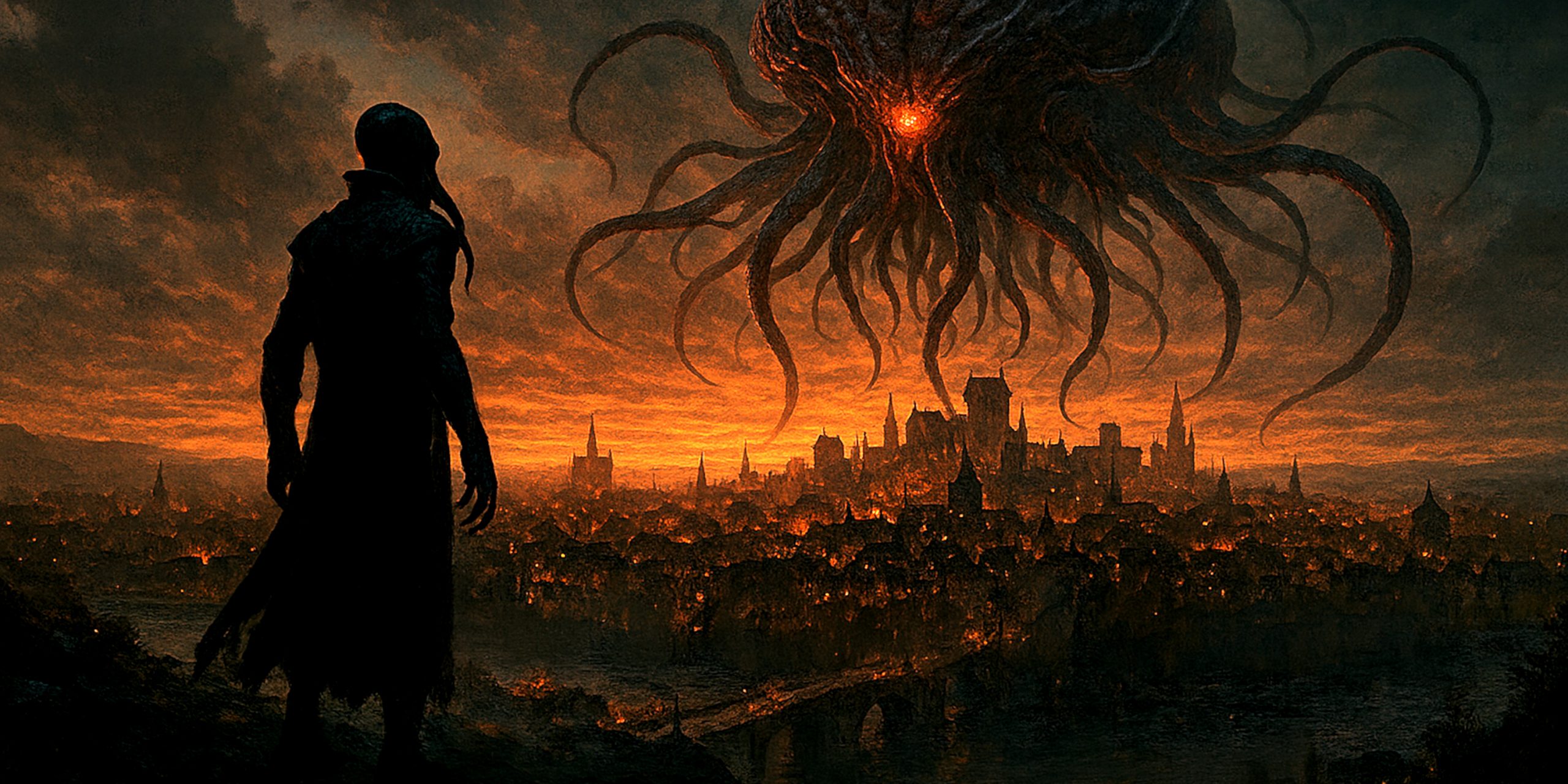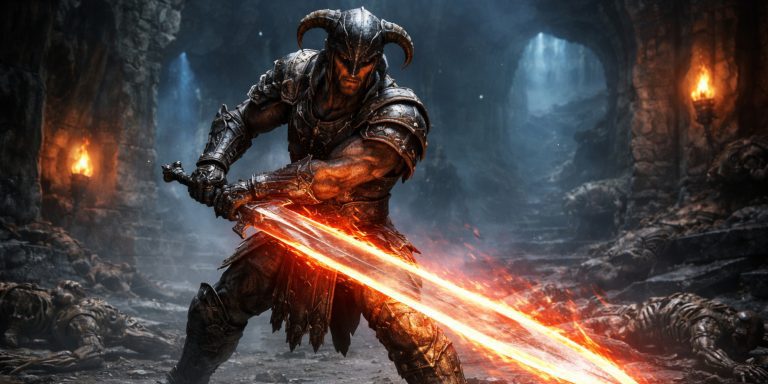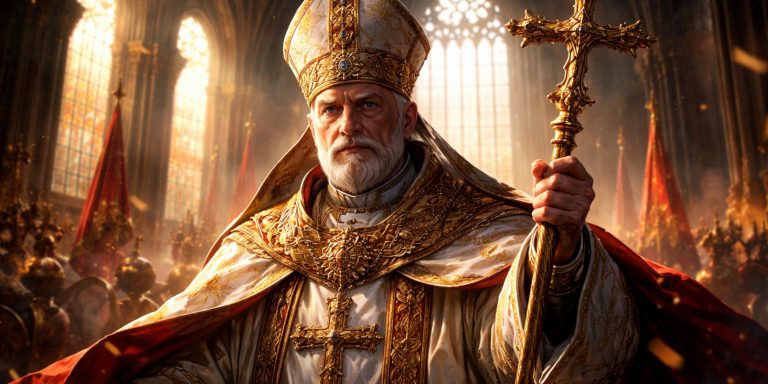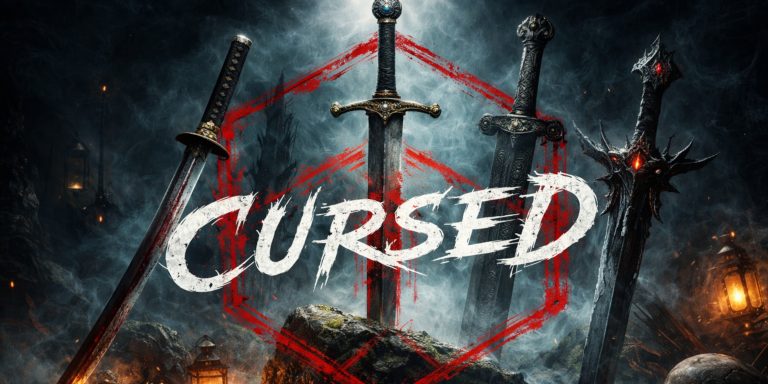
If you’ve reached the end of Baldur’s Gate 3 and thought, “Wait, that’s it?”, then you’ve probably missed a few things. Larian Studios doesn’t do clean, single-path conclusions. They love to leave players obsessively reloading saves at 3 a.m. just to see if killing (or kissing) someone changes the final outcome. The truth is, there isn’t just one ending to BG3. There are layers of moral chaos, emotional damage, and divine meddling baked into every possible conclusion.
Let’s pull back the curtain on the secret and alternate endings that most players either overlook or don’t fully understand.
The Standard Endings
Before diving into the secret stuff, let’s cover the base outcomes. Depending on your choices, the ending falls into a few broad categories:
- Heroic Ending: You destroy the Netherbrain, saving the city and the world, at great personal cost.
- Illithid Ascension: You accept the power of the tadpole and become something… other.
- Dark Urge Resolution: You either resist your murderous nature or embrace it entirely.
- Evil Overlord Ending: You betray your allies and take control of the Netherbrain yourself.
Each has its own emotional tone and cinematic style, but the truly secret endings require specific conditions that most players miss.
The Secret Endings
1. The Emperor’s Domination Ending
If you side completely with the Emperor and give him control over the Netherbrain, the result is a chilling kind of peace. Baldur’s Gate survives, but under mind flayer rule. You become a willing servant, living in a “utopia” where free will is optional. It’s one of the creepiest “happy” endings in any RPG, mostly because it feels so rational in the moment.
How to Trigger:
- Support the Emperor consistently.
- Do not betray him during the final confrontation.
- Reject Orpheus’s plea for freedom.
Why It’s Interesting:
This ending reveals just how persuasive the game’s illusion of logic can be. You’re technically saving everyone, but at the cost of their humanity. It’s utilitarian ethics gone Lovecraftian.
2. The Orpheus Sacrifice Ending
A bittersweet ending tied to the Githyanki prince, Orpheus. If you free him from his prison, he can take on the illithid transformation instead of you. This creates a tragic, selfless conclusion where Orpheus saves the world while sacrificing his own future.
How to Trigger:
- Use the Orphic Hammer to free Orpheus.
- Refuse to become an illithid yourself.
- Convince him to accept the transformation.
Why It’s Interesting:
It’s the ultimate role-playing payoff for players who care about Lae’zel’s arc. Her loyalty and worldview shift dramatically depending on whether Orpheus lives, dies, or ascends.
3. The Dark Urge Domination Ending
For Dark Urge players who embrace their true heritage, the game offers one of its most sinister outcomes. You ascend as the new Lord of Murder, taking Bhaal’s place in the pantheon. The credits roll over a scene that feels like a horror movie epilogue, complete with ominous music and blood-stained imagery.
How to Trigger:
- Play as the Dark Urge origin.
- Choose to embrace your murderous instincts.
- Refuse redemption in Act 3.
Why It’s Interesting:
It’s a full-circle moment that flips the heroic fantasy upside down. You don’t just fall from grace, you build your own throne out of it.
4. The Karlach Infernal Redemption Ending
Karlach’s endings are notoriously heartbreaking, but there’s a hidden variation. If you become a mind flayer and help her ascend, she gets to live, at least in some form. She becomes a hybrid creature of infernal power and psionic control, breaking her engine’s curse.
How to Trigger:
- Agree to become an illithid.
- Save Karlach from overheating in the final act.
- Convince her to embrace the transformation.
Why It’s Interesting:
It’s the only version where Karlach doesn’t die or return to Avernus. It’s tragic, yes, but it’s also weirdly hopeful, like finding a spark of freedom in the most alien form possible.
5. The “True” Mind Flayer Ending
If you push the tadpole’s power to the max, consume every possible source of illithid strength, and lean into your transformation early, the final cutscene changes dramatically. Instead of saving or destroying the brain, you become it. The world is remade in your image.
How to Trigger:
- Use every illithid power you can find.
- Betray your allies in the final act.
- Choose to merge with the Netherbrain.
Why It’s Interesting:
It’s cosmic horror with a personal twist. You start the game trying to get rid of the parasite, only to become its god.
The Seven Swords Takeaway
Baldur’s Gate 3 doesn’t just have multiple endings, it has multiple philosophies of ending. Each one is a reflection of your playstyle, your morality, and how much chaos you can stomach. There’s no single “right” conclusion, only the one that feels most you.
Personally, I love that the game punishes indecision as much as it rewards boldness. Refusing power can be as damning as embracing it. Whether you end up a hero, a monster, or something between, BG3’s endings make you look in the mirror and ask the most dangerous question of all: what did I really want out of this story?










